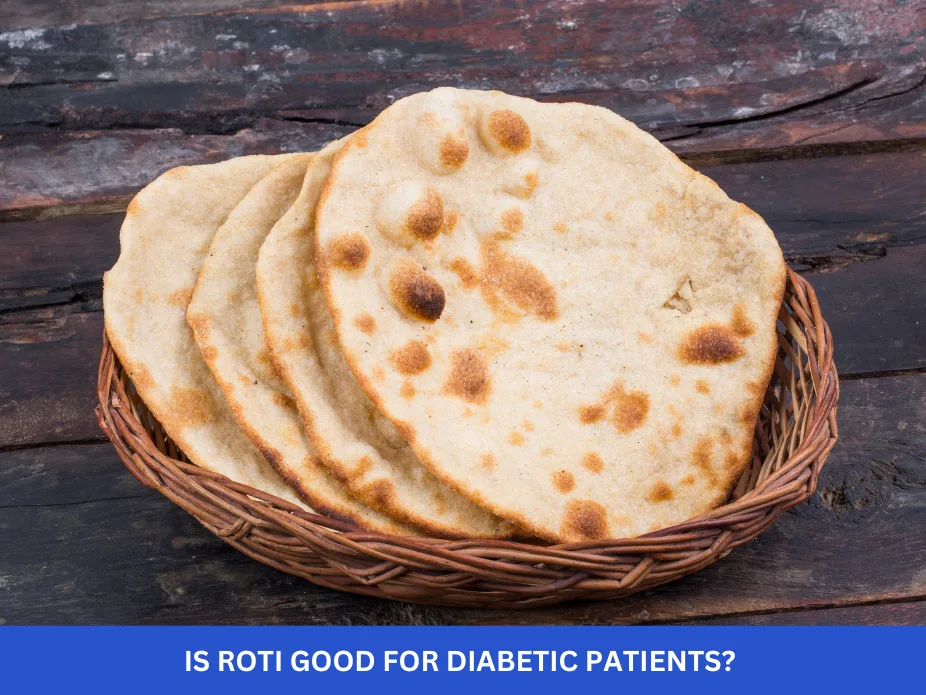Dried apricots are a popular snack for many due to their sweetness and rich flavor. They are also packed with essential nutrients, but for people with diabetes, it’s important to assess how dried fruits affect blood sugar levels. Are dried apricots a good choice for diabetic patients? In this article, we explore the nutritional benefits of dried apricots, their effect on blood sugar, and how they can be included in a diabetes-friendly diet.
Nutritional Benefits of Dried Apricots
Dried apricots are nutrient-dense and provide several health benefits. A 100-gram serving of dried apricots typically contains:
- Calories: 241
- Carbohydrates: 62 grams
- Fiber: 7 grams
- Vitamin A: 180 µg (about 20% of the daily recommended intake)
- Vitamin C: 1 mg
- Potassium: 1162 mg
- Iron: 2.7 mg
Dried apricots are an excellent source of fiber, particularly soluble fiber, which helps regulate blood sugar by slowing the absorption of glucose. They are also rich in vitamin A, which supports eye health, and potassium, which helps control blood pressure, a common concern for diabetics.
How Dried Apricots Affect Blood Sugar Levels
For diabetics, it is important to understand the glycemic index (GI) and glycemic load (GL) of foods. The GI measures how quickly a food raises blood sugar levels, while the GL indicates how much carbohydrate is absorbed into the bloodstream per serving.
Glycemic Index and Glycemic Load of Dried Apricots
Dried apricots have a moderate glycemic index (GI) ranging between 30 to 50, depending on the drying process. This places them in the low-to-moderate GI category. However, because dried fruits are more concentrated in sugar compared to their fresh counterparts, the glycemic load (GL) may be higher in dried apricots, especially when consumed in larger portions.
While dried apricots can be part of a diabetic diet, it’s important to consume them in moderation due to their concentrated sugar content. Balancing dried apricots with other lower-GI foods can help maintain stable blood sugar levels.
Dried Apricots and Insulin Sensitivity
Insulin sensitivity refers to how effectively the body uses insulin to regulate blood sugar levels. In people with Type 2 diabetes, improving insulin sensitivity is key to controlling blood sugar.
Antioxidants in Dried Apricots
Dried apricots contain antioxidants, such as beta-carotene (a precursor to vitamin A) and flavonoids, which help combat oxidative stress and reduce inflammation. Chronic inflammation is linked to insulin resistance, so the antioxidants in dried apricots may help improve insulin sensitivity over time, supporting better blood sugar control.
Dried Apricots and Heart Health
Diabetics are at higher risk of developing cardiovascular diseases. The potassium content in dried apricots plays a vital role in heart health.
Potassium for Blood Pressure Control
Dried apricots are rich in potassium, providing over 1000 mg per 100-gram serving. Potassium helps balance sodium levels in the body and regulate blood pressure. Managing blood pressure is essential for diabetics to prevent complications like heart disease and stroke. Including potassium-rich foods, such as dried apricots, can help promote cardiovascular health.
Fiber for Cholesterol Management
The high fiber content in dried apricots can help lower bad cholesterol (LDL) levels. Fiber binds to cholesterol and helps remove it from the body, which can reduce the risk of heart disease—a concern for diabetics.
Dried Apricots and Weight Management
Maintaining a healthy weight is crucial for people with diabetes. Dried apricots are relatively low in calories for their size and provide a sense of fullness due to their fiber content.
Dried Apricots for Satiety
Although dried apricots are calorie-dense, they can help curb hunger and prevent overeating. Their fiber helps promote satiety, reducing the likelihood of consuming larger portions of higher-calorie, sugary foods. By controlling hunger and preventing overeating, dried apricots may contribute to healthy weight management.
How to Include Dried Apricots in a Diabetic Diet
Dried apricots can be a tasty and nutrient-dense snack when eaten in moderation. Here are some ways to incorporate dried apricots into a diabetic diet:
As a Snack
Enjoy a small serving of dried apricots (about 4-5 apricots) as a snack. Pair them with a handful of nuts or seeds to add protein and healthy fats, which can help stabilize blood sugar levels.
In Salads
Chop dried apricots and add them to salads for a burst of sweetness and texture. Combine them with leafy greens, nuts, and a light vinaigrette dressing to make a balanced, nutrient-rich salad.
In Yogurt or Oatmeal
Top your morning oatmeal or Greek yogurt with chopped dried apricots and a sprinkle of chia seeds for added fiber and antioxidants. This can make for a nutritious, diabetes-friendly breakfast.
In Baking
Incorporate dried apricots into low-carb or diabetes-friendly baked goods. For example, you can add them to whole grain muffins or cookies made with almond flour.
FAQ on Dried Apricots and Diabetes
Q1: Are dried apricots safe for diabetics to eat?
Yes, dried apricots can be safely included in a diabetic diet when consumed in moderation. Due to their low-to-moderate glycemic index, they are unlikely to cause a significant spike in blood sugar if eaten in appropriate portions.
Q2: How many dried apricots can diabetics eat?
A moderate serving of dried apricots is about 4-5 pieces (roughly 30-40 grams). This portion size provides a good balance of nutrients without overloading on sugar and calories.
Q3: Can dried apricots raise blood sugar levels?
Dried apricots do have a moderate glycemic index and are more concentrated in sugar than fresh apricots. It’s important to consume them in moderation and pair them with protein or healthy fats to prevent spikes in blood sugar.
Q4: Are dried apricots better than other dried fruits for diabetics?
Dried apricots are lower in glycemic index compared to other dried fruits like raisins and dried figs. However, all dried fruits are calorie-dense and can raise blood sugar levels if eaten in excess, so portion control is essential.
Q5: Can dried apricots help with weight loss for diabetics?
Dried apricots are low in calories and high in fiber, which can promote satiety and help prevent overeating. However, because dried fruits are calorie-dense, it’s important to control portion sizes to avoid excessive calorie intake.
Conclusion
Dried apricots are a healthy and nutrient-dense option for diabetics when consumed in moderation. They provide essential nutrients, including fiber, potassium, and antioxidants, which support blood sugar regulation, heart health, and weight management. As with all dried fruits, portion control is crucial to avoid excessive sugar intake. Including dried apricots in a balanced, diabetes-friendly diet can offer several health benefits while keeping blood sugar levels stable.



